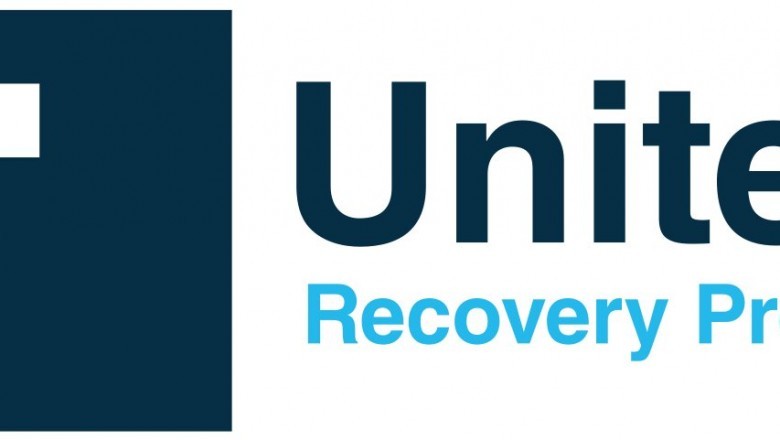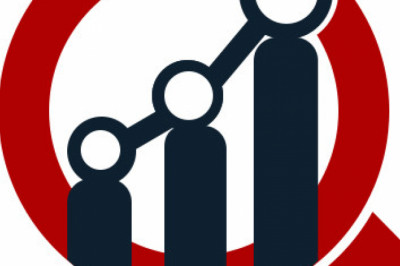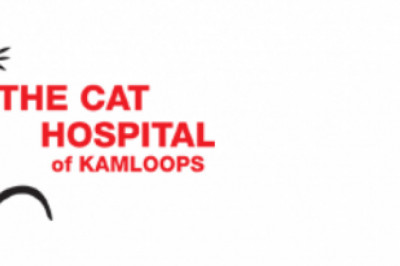views

What Is Cognitive Behavioral Therapy?
If you have recentlybegun therapy or have been considering seeking treatment fordrug abuse, you're likely to hearabout cognitivebehavioral therapy (CBT).
CBT is an approach totreatment that was initially developed to treat depression but has since beenexpanded to improve symptoms of various mental health disorders andissues, including:
· Addiction.
· Psychosis.
· Anxiety.
· Trauma.
A major component ofCognitive Behavioral Therapy is that thoughts, emotions, andbehaviors are connected in a manner that one influences and is influencedby all the others. For example, emotions are directly impacted by your thoughtsand behaviors, and your emotions impact your thoughts and behaviors. Thisnotion gives some level of power to the individual to improve the unwantedfacet by managing the other two.
So, if you areexperiencing feelings that you don't like, you can modify them by simplychanging your thoughts and behaviors.
Cognitive behavioral therapy, also known asCBT, should not be confused with the following:
· Psychoanalysis - This Freudianapproach of treatment aims to get at the bottom of the subconscious causes ofyour actions/behavior.
· Person-centered therapy - This approachencompasses a mostly-passive therapist who says little during sessions whiletrying to have you resolve your issues independently.
How Does CBT Help in Addiction Recovery?
The goal of cognitive therapy isto raise your awareness of your thoughts, behavior, and the consequencesof each. Through this course, you gain a deeper understanding of yourinspirations and the role of drug abuse in your life.
Cognitive Distortions
Many times, CBT treatmentwill focus on assessing your thought patterns to look for negative opinions ofthe world around yourself, you, and your future. The chances are that therewill be irrational perceptions called cognitive distortions. Thesedistortions are like a dark lens that alters the way you view the world aroundyou. Some cognitive distortions include:
· All-or-nothing thinking:Viewing situations as either absolutely black or absolutely white. No greyareas.
· Overgeneralization:Perceiving a recent, negative occurrence as a continuous pattern of defeat.
· Mental filter:Dwelling only on negative situations or occurrences.
· Disqualifying thepositive: Thinking that your positives do not count because of someother force.
· Jumping to conclusions:Assuming your thoughts, emotions, or beliefs are true without any rationalsupporting evidence.
By changing your thoughtpattern to become more positive, you can subsequently improve your emotions andbehaviors.
Co-occurring Disorders
CBT has also provenhelpful in recognizing and treating comorbid mental healthproblems that often accompany alcohol and substance addiction. Most peopleengage in addictive behaviors to escape or avoid emotional pain.
CBT can managethose psychological disorders directly to:
· Reduce the fundamentalreasons for addiction.
· Prevent future relapse.












